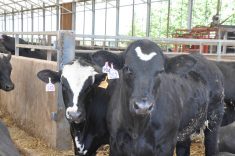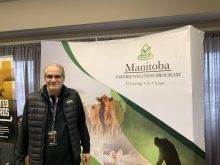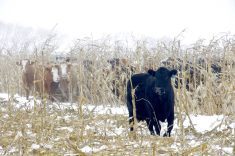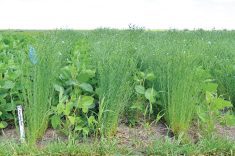Most residents of southeastern Manitoba have their own vehicles but say they’d consider public transit or alternative transportation if it was affordable, would help them avoid parking issues or winter travel and be a support for seniors unable to drive.
Those are the takeaways after the Southeast Regional Transportation Initiative surveyed residents in more than a dozen communities in the region.
“Public transportation isn’t only for people living in cities. It’s a service deserving of all Manitobans, both rural and urban,” said Connie Gamble, a consultant with the RM of Piney, which is co-lead on the project.
Read Also
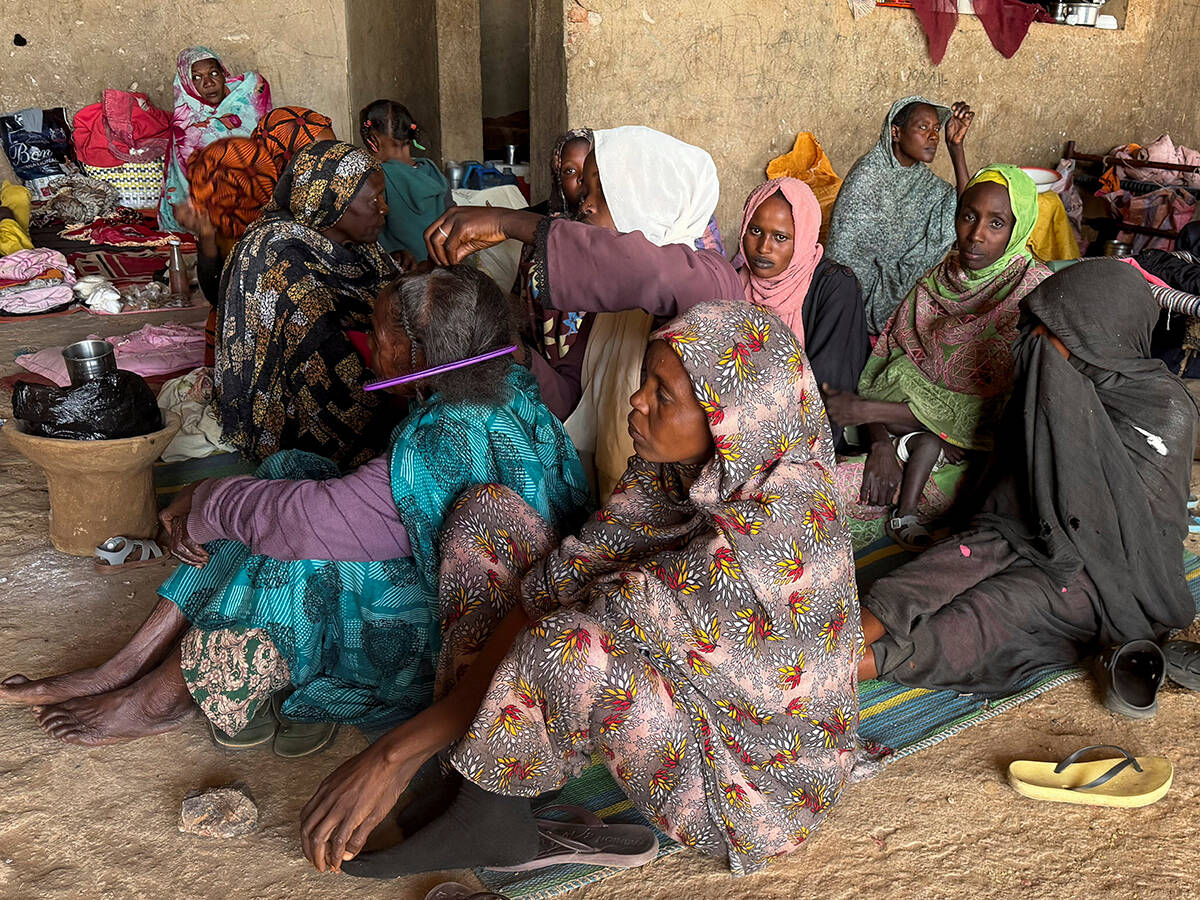
Global humanitarian aid slashed by one-third
Humanitarian aid around the world was cut by a third in 2025 and Canada is one of the culprits.
“Improving public transit is about giving residents of southeast Manitoba the freedom of equal access to social, health and economic opportunities that enhances our quality of life,” she added.
The RM of Piney launched the initiative in 2020, following a 2018 age-friendliness survey that showed residents were concerned about transportation. At the time, about a quarter of the municipality’s 1,700 residents were over 65.
The project evolved to partner with more communities, including the municipalities of Reynolds, Ritchot, Ste. Anne, Tache and Buffalo Point First Nation. They also joined forces with Eco-West Canada, an organization that works with small and medium-sized municipalities to implement sustainability measures.
More than 1,000 people responded to the recent survey, with over 80 per cent saying they’d consider public transit if it met their needs.
Asked about benefits of transportation options, residents listed support for one-vehicle families, financial savings, ability to age in their own community while still attending medical appointments elsewhere, ability to socialize and environmental benefits.
“Transit and mobility are fundamental to the development of resilient and sustainable rural communities,” Gamble said.
“However, barriers of place-based differences are a major challenge to overcome for rural communities wanting to transition to greener modes of transportation.”
Fact finding on the region’s ridership was the first step of the project. Eco-West will propose potential solutions during the next stage of the initiative.






